MORGANTOWN, W.Va. – Nick Kwiatkoski never expected to become an NFL player when he signed to play with West Virginia University in 2011, but circumstances can sometimes change.
Kwiatkoski believes the growth and development that he made during his five years spent at WVU helped turn him into the person he’s become today, and consequently, he feels compelled to give something back to the place that has done so much for him.
Working with Kyle Poland and John Patterson in the Mountaineer Athletic Club, Kwiatkoski recently made a significant leadership gift to the football program that now places him in the Summit Society – WVU athletics’ philanthropic giving group which recognizes donors making transformational gifts to help impact Mountaineer athletics.
For Kwiatkoski, it was about helping a place that really helped him during an important time in his life.
“I had a blast during my time there,” he said recently. “I never expected to get a Division I offer and when I arrived at West Virginia, I wasn’t one of those guys who was saying, ‘I’m going to go to the NFL.’ I was just happy to be there when I got on campus, and just going through (strength and conditioning coach) Mike Joseph‘s program in the weight room it brought out a side of me I didn’t know I had.
 “I grew tremendously as a player in the weight room, mentally, and in the film room. That time there was huge part of my life and helped me grow into the football player I became and just the person that I became,” Kwiatkoski admitted. “Once you get there, the time you put in before you leave is a huge chunk of your life.”
“I grew tremendously as a player in the weight room, mentally, and in the film room. That time there was huge part of my life and helped me grow into the football player I became and just the person that I became,” Kwiatkoski admitted. “Once you get there, the time you put in before you leave is a huge chunk of your life.”
A native of Bethel Park, Pennsylvania, Kwiatkoski falls into the category of overlooked and underappreciated Pittsburgh area players who made a name for themselves at nearby West Virginia. Standouts such as Major Harris, Mike Logan, Marc Bulger and Charles Fisher were outstanding Steel City area players who, for one reason or another, didn’t attract much interest from Pitt.
Kwiatkoski’s personal story is very similar to theirs.
“Growing up, (the top) guys from the WPIAL were going to Pitt,” he recalled. “Their facilities were 15 minutes down the road from me and there weren’t too many guys going to West Virginia from Pittsburgh.
“You have a lot of great football schools in this area and, of course, high school football is huge, too. Growing up in Pittsburgh, you saw the Flying WV around some, but it was definitely outweighed by Pitt and Penn State.”
Penn State’s Tom Bradley once made a visit to his high school, but it was West Virginia that saw his potential. Kwiatkoski got a call one day from Mountaineer assistant coach Dave McMichael and soon he handed Kwiatkoski off to assistant coaches Jeff Casteel and Steve Dunlap.
After a good junior season that included a place on the Pittsburgh Post-Gazette’s Preseason Fabulous 22 List, Kwiatkoski suffered a back injury and missed the first two months of his senior season. Once he called Casteel to commit to West Virginia, the Mountaineers continued to remain committed to him after his injury.
Then, when Dana Holgorsen took over the Mountaineer program in 2011, Kwiatkoski was among the group of talented football players gifted to him from Bill Stewart’s staff.
Kwiatkoski played for three different defensive coordinators during his college career, finishing up with Tony Gibson in 2015. His best season came in 2014 as a junior when he made 103 total tackles and had 11 ½ tackles for losses while playing outside linebacker.
His four-year totals include 303 total tackles, 28 tackles for loss, six interceptions and two sacks, while demonstrating the versatility on special teams desired by pro scouts.
“I played multiple positions at West Virginia and went through a handful of coordinators, from Joe DeForrest to Keith Patterson to Tony Gibson,” Kwiatkoski recalled.
“I played a few different schemes at West Virginia. I was recruited by Coach Casteel to play in the 3-3-5 as a safety, and oddly enough, I think those two years with Coach DeForrest and Coach Patterson it was kind of a multiple 3-4 defense, which is ultimately what I ended up playing a lot during my NFL career. Then it was back to the 3-3-5 with Gibbie during my senior year,” he explained. “Playing different positions and different schemes definitely helped me gain an overall understanding of defenses.”
Following his senior year in 2015, Kwiatkoski was invited to play in the Senior Bowl and then after the NFL Scouting Combine in Indianapolis, the Chicago Bears selected him in the fourth round of the 2016 NFL Draft as the 113thoverall pick.
However, Kwiatkoski’s rookie season with the Bears got off to an inauspicious start. He injured his hamstring during the first day of full pads and missed most of training camp. Although he signed a four-year, $2.91 million contract, only the signing bonus portion of it was guaranteed.
“As a rookie, you are going into a completely new environment, and you see guys get cut all the time. For me, I was pretty confident I was going to make the team, but there was some uncertainty there until week one,” he recalled.
“You are watching good players get let go and you are standing there on the sidelines watching, so it was definitely a sense of doubt,” Kwiatkoski admitted. “I didn’t know how anything worked, and the roster is getting cut down every day.”
But he made the team and ended up starting seven games during his rookie season in 2016. A year later, Pro Football Focus rated Kwiatkoski the league’s third-best inside linebacker in run-stop percentage, and he continued to be an important contributor on the Bears’ defense until signing a lucrative three-year free agent deal with the Las Vegas Raiders in 2020.
He played two full seasons with the Raiders, another with the Atlanta Falcons and was in Pittsburgh’s training camp in 2023 when he was released.
Although Kwiatkoski has never officially submitted his retirement papers to the NFL, he says he is pretty much done with pro football.
“There are things I wished would have gone differently here and there, but overall, I enjoyed my career, and it was more than I ever expected when I went to college at West Virginia,” he noted. “I feel like I got what I wanted out of it and for seven years, I had a blast, honestly.”
Kwiatkoski has enough service time to receive an NFL pension, so he said he’s taking his time to consider what he wants to do next with his life.
His permanent residence is in Las Vegas, and he also owns an apartment in Pittsburgh where he frequently spends his time with family and friends.
“I’m enjoying retirement right now,” he says. “I feel great physically. Thank God I had no major, major injuries. It was all minor stuff, so overall, I feel great.
“I want to do something I enjoy,” he adds. “It would be great to remain close to football, but in my mind that’s not a need. I’m still trying to figure that out. It’s not like I’m looking for something and can’t find it, but more so finding the right thing.”
Up until the time he was released by the Steelers, football was a year-round proposition for a good portion of his life.
“Last year was the first year I didn’t go to a training camp,” he pointed out. “After Pittsburgh let me go, I still trained every day, and I kept in shape last year, but I’d be lying if I told you I was working out as hard as I would if I was going to training camp.”
Today, Kwiatkoski has more time to follow his favorite college team. He said he’s encouraged with the direction the Mountaineer program is taking under Rich Rodriguez, whom he met for the first time earlier this summer.
It was Rodriguez’s success in the mid-2000s that got Kwiatkoski interested in West Virginia football in the first place.
“I’m excited,” he said. “I got to spend some time with Rich Rod a few weeks ago when they had a camp, and I crossed paths with a lot of guys on his staff. It’s encouraging to see them put it out there on the field.
“I’ve gotten to know Pat White and some of the other former players and that’s something I love about West Virginia,” Kwiatkoski continued. “I feel like among the players, past, present and future, somehow relationships are built with the guys. I remember when I was playing for the Raiders and Pat was coaching with the Chargers and just seeing him after games and talking to him. There is always that West Virginia tie that bring players and coaches together.
“Kyzir White, when he was with the Chargers, we would talk after games, and I also got to play against Tavon (Austin) once or twice. I traded jerseys with some of the West Virginia guys, and I have those in my house in Vegas.”
Kwiatkoski admits he is still wrapping his arms around the business nature of college sports these days, but he understands the importance of supporting his alma mater.
Fortunately, he is in a financial position to do so.
“(WVU) had such a big impact on me as a football player and as a person,” Kwiatkoski explained. “There was a lot of uncertainty when I arrived on campus with my injury, and then for them to stick with me, I turned into an NFL player while I was there, mentally and physically. I owe a lot for that.
“With the state of college football these days, it’s always good to give back and help them build what they’re trying to build, whatever that may be,” he said. “I don’t know all of the ins and outs today and I’m curious to sit down and learn more about it.”
Kwiatkoski indicated the details of his contribution are still being worked out.
 Before NIL, none of these activities had ever occurred at any college. Not one. All colleges played by the same rules. Coincidentally, I have a bridge I would like to sell you.
Before NIL, none of these activities had ever occurred at any college. Not one. All colleges played by the same rules. Coincidentally, I have a bridge I would like to sell you. 
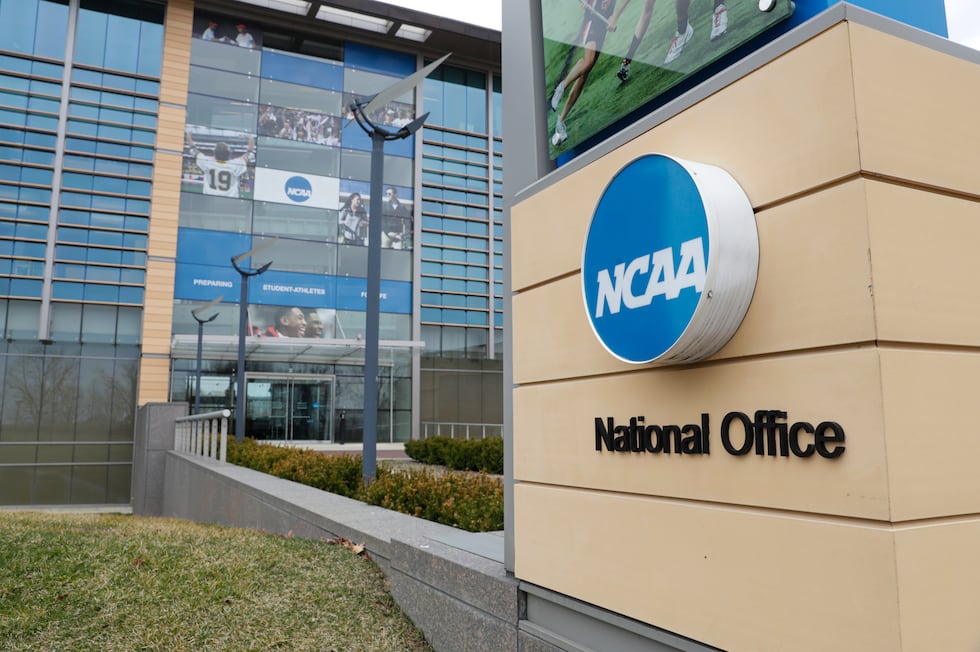

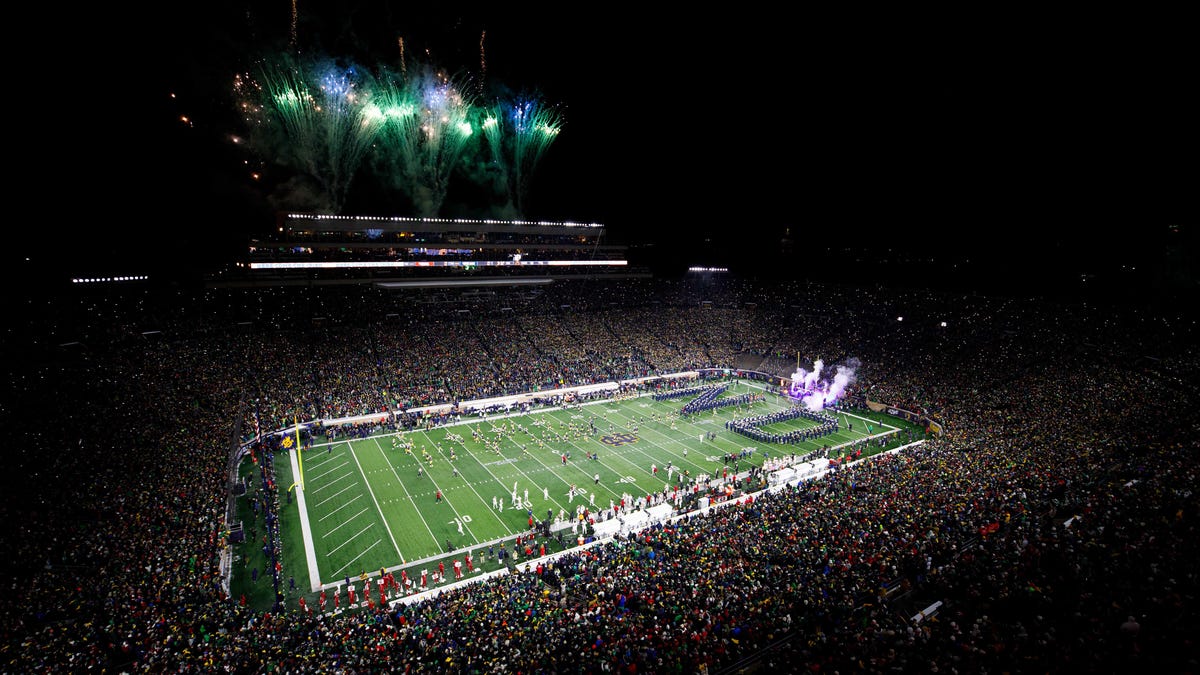

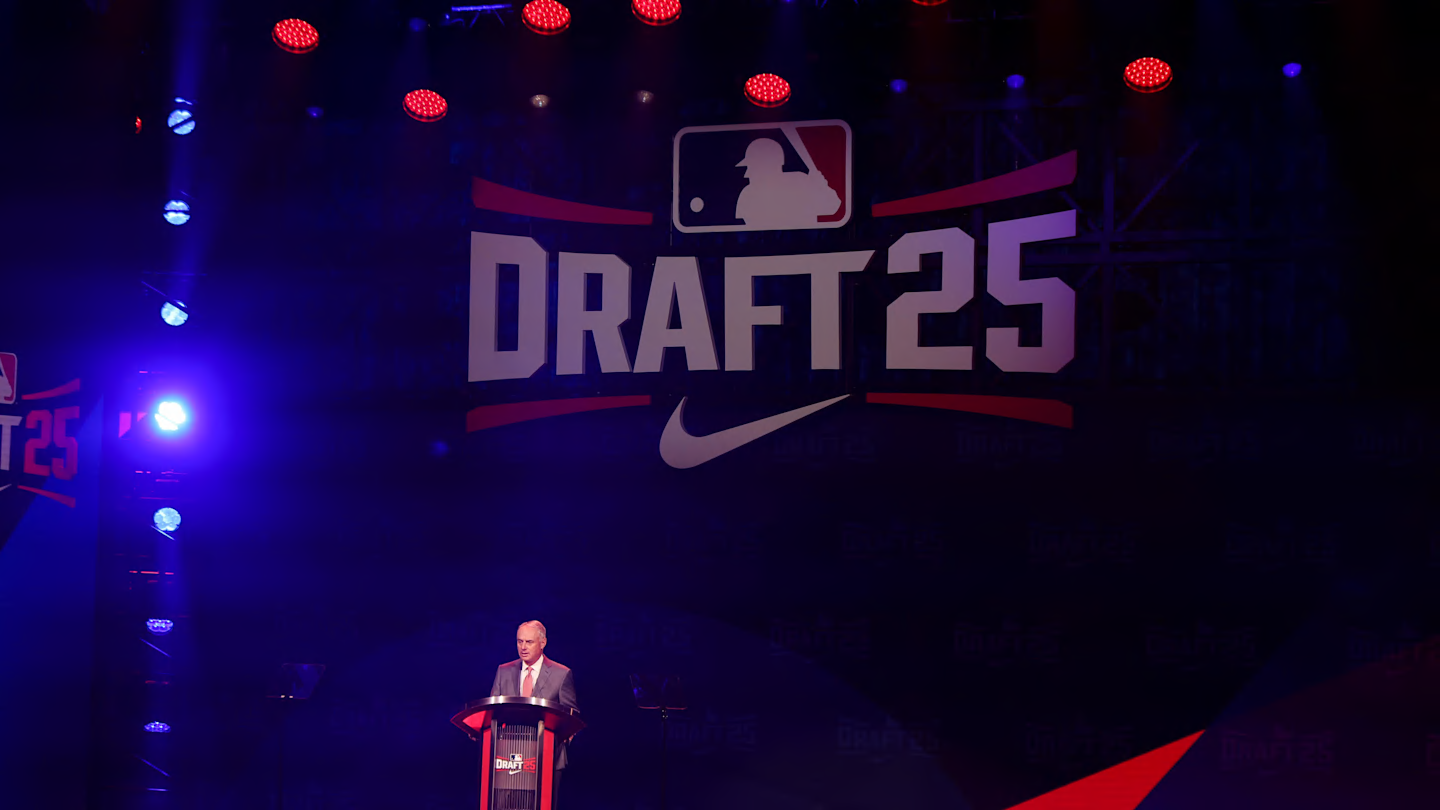
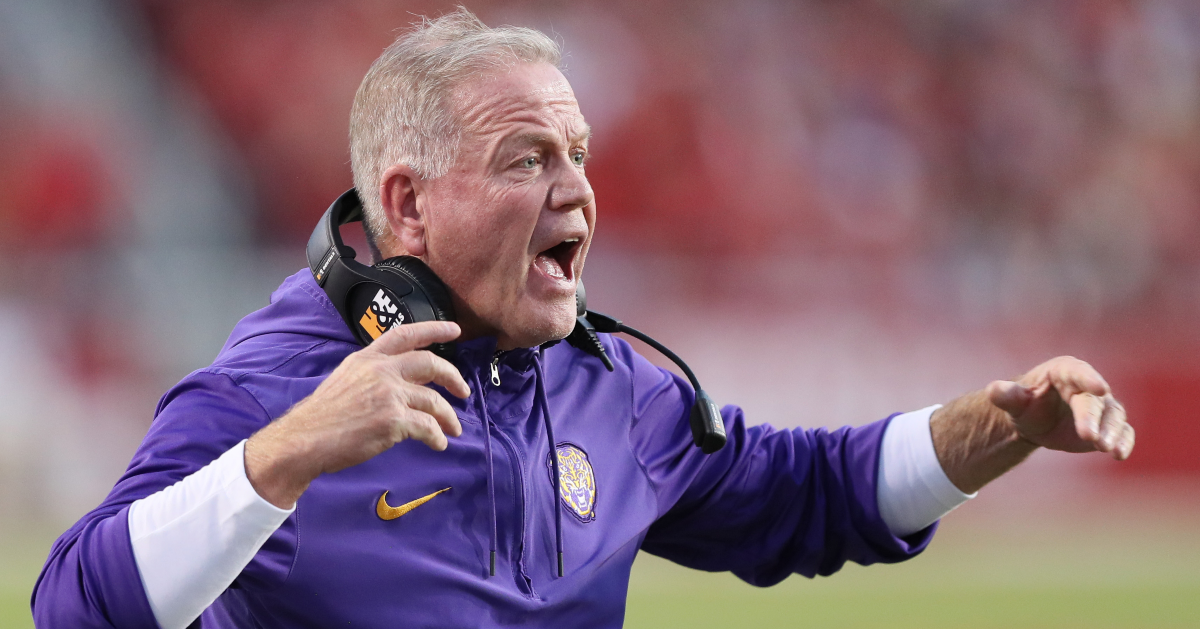
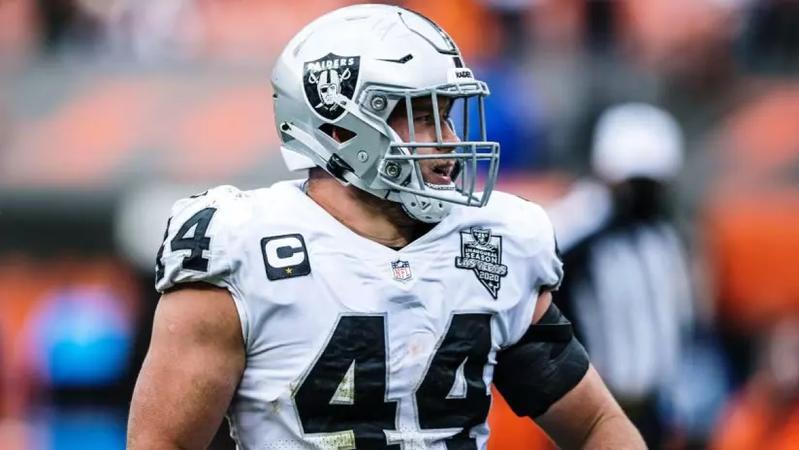
 “I grew tremendously as a player in the weight room, mentally, and in the film room. That time there was huge part of my life and helped me grow into the football player I became and just the person that I became,” Kwiatkoski admitted. “Once you get there, the time you put in before you leave is a huge chunk of your life.”
“I grew tremendously as a player in the weight room, mentally, and in the film room. That time there was huge part of my life and helped me grow into the football player I became and just the person that I became,” Kwiatkoski admitted. “Once you get there, the time you put in before you leave is a huge chunk of your life.”













 | NBA on ESPN
| NBA on ESPN

























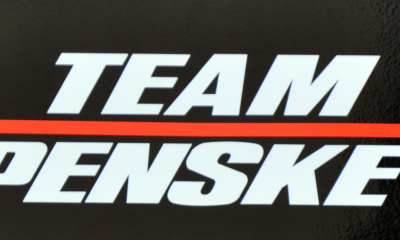






 BREAKING: NBA MVP Shai Gilgeous-Alexander signs the RICHEST annual salary in league history
BREAKING: NBA MVP Shai Gilgeous-Alexander signs the RICHEST annual salary in league history
